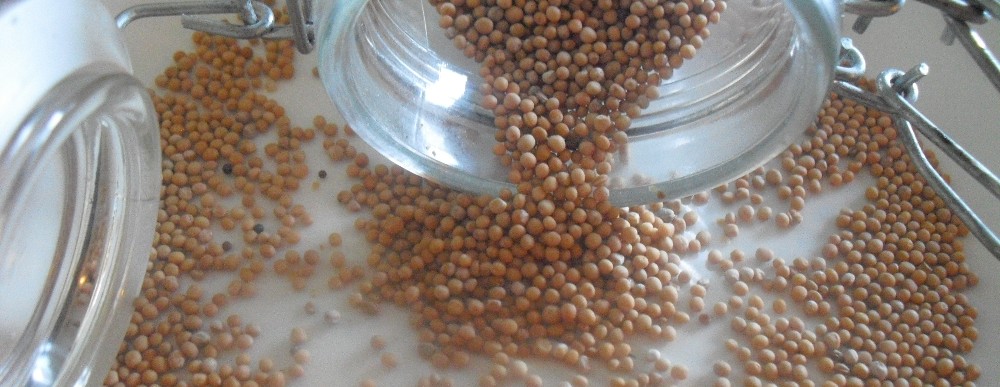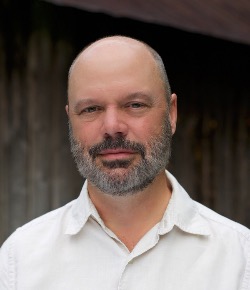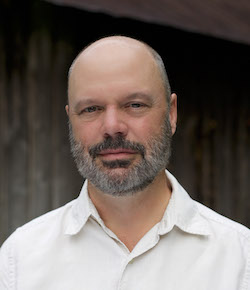
Mustard Seeds that Won't Go Away
“Negligible results.” “Hardly any converts.” “Largely unfruitful work.”
Those are the assessments I keep reading in history textbooks about missionaries who ventured into distant lands like India, China, and Africa. Whether in late antiquity, the middle ages, or the period of European imperialism, missionaries are portrayed as well-meaning at best, cultural blunderers at worst, and generally ineffective all the way around.
Yet today there are roughly 70 million Christians in India, about 100 million in China, and some 400 million in Africa.1 In fact, nearly one-third of the world now self-identifies as Christian.2
How did that happen?
In some respects, historical assessments fall under the category of “you see what you want to see.” Short-term studies often neglect the long-term results of a movement. Yes, those missionaries may have convinced few people of their faith; but those few convinced some more, and theirs some more, and on and on. Often greater growth happened after missionaries were expelled (for example, China’s Boxer Rebellion and People’s Republic). Small beginnings led to bigger things.
That’s a really important principle not only in the macro world of religious change but in the micro world of personal faith.
It’s the story of the mustard seed (Matthew 13:31-32). It’s small, but it grows big. And no one can really put a finger on when the transition between the two extremes happened.
The mustard-seed principle is still at work on a grand scale. We keep hearing about the declining church, and it’s true that the more traditional mainstream denominations in Europe and North America seem to be losing ground. But nondenominational churches are not, and Christians in many parts of the world, particularly the ‘global south,’ are growing at astonishing rates. No matter how often God and Christianity have been considered dead, both are quite alive.
But this principle is also at work on a personal level. The seeds you plant today, even the tiny ones, can bear enormous fruit later in life and in future generations.
Life is not so much a matter of waiting for the big breakthrough (though big breakthroughs do happen) but of sowing the right seeds in the valleys between the mountaintops. It’s a daily thing, even if today looks unimportant.
That’s especially true in the kingdom of God, where you may not see your own fruit in your lifetime. We are sowing for future generations, for a vision we can hardly grasp, for a city still under construction in the economy of God.
As a prophet once suggested, don’t despise the day of small things (Zechariah 4:10). In the plan of the ages, small things turn into big things, especially under the divine hand. “Negligible results” are not always negligible for long.
Ignore the minimizing of critical voices, even in your own mind. The fruit of missionaries’ lives will not be measured by their immediate results. Neither will yours.


